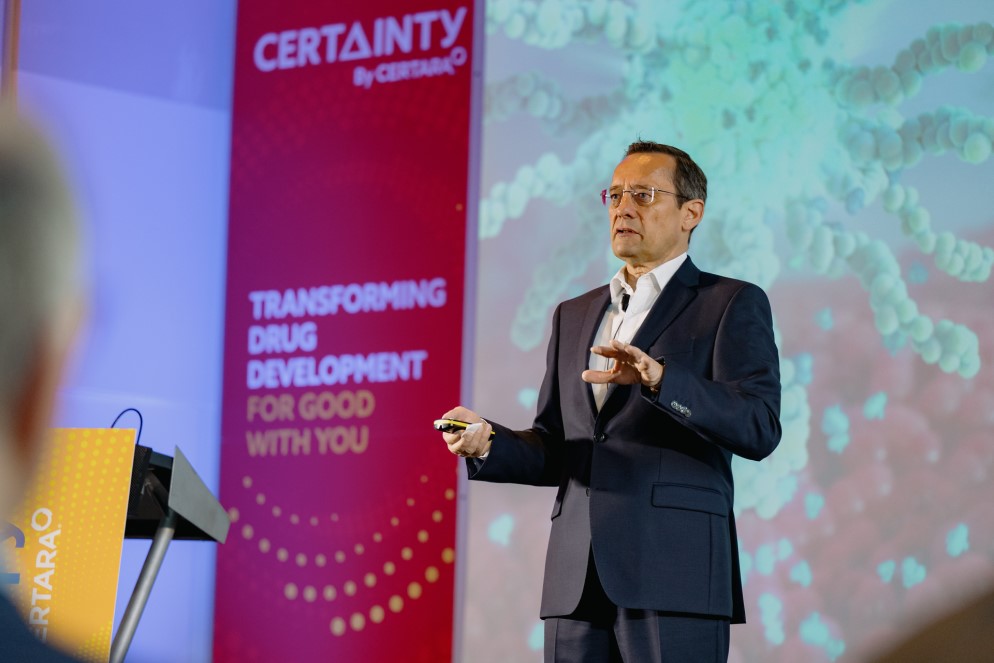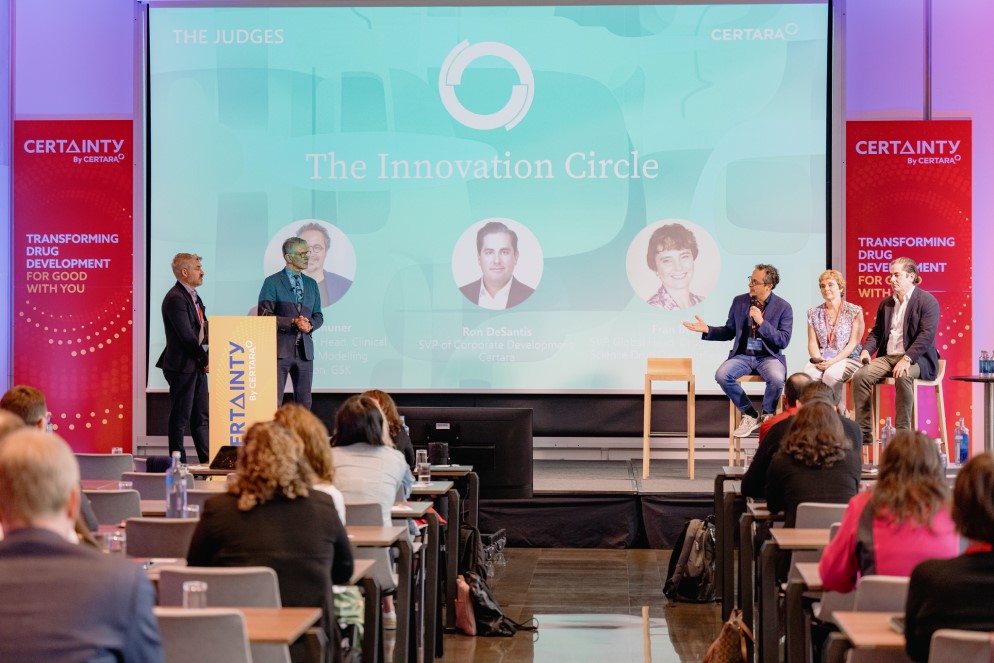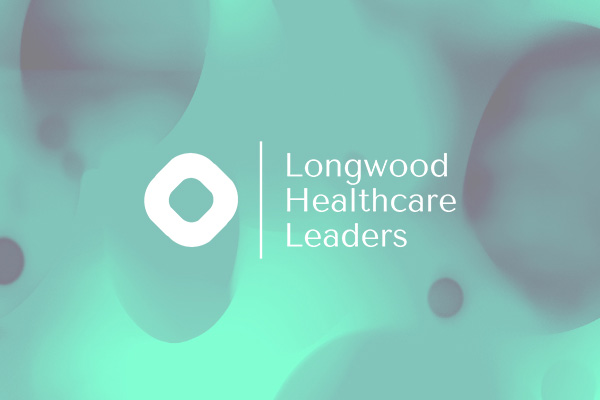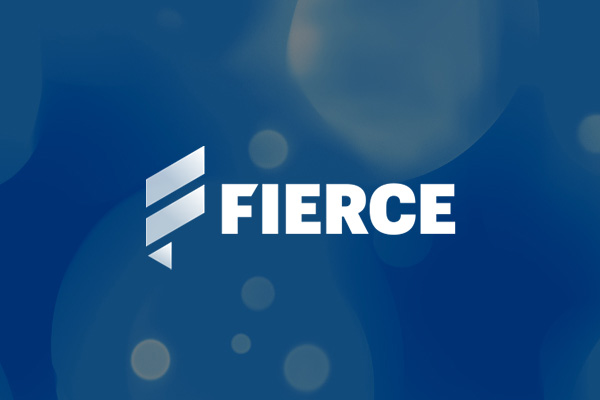November 17, 2025


Chief Marketing Officer
Sheila Rocchio is the Chief marketing Officer at Certara where she leads the global marketing function. She has more than 20 years of experience in marketing, product management and strategy roles in life sciences technology and services companies. Her most recent role was Chief Marketing Officer at eClinical Solutions where she managed all aspects of marketing including branding, communications, lead generation, and product marketing. Prior to joining eClinical Solutions, she held marketing and executive leadership roles at PHT Corporation where she was a driving force in commercializing and accelerating the industry adoption of innovative clinical technology.
Ms. Rocchio’s industry honors include being selected for the PharmaVOICE 100 most influential people in life sciences and as the Massachusetts Technology Leadership Council Emerging Executive of the Year. She holds a BS from MIT and an MBA from Boston College.
Contact Certara







